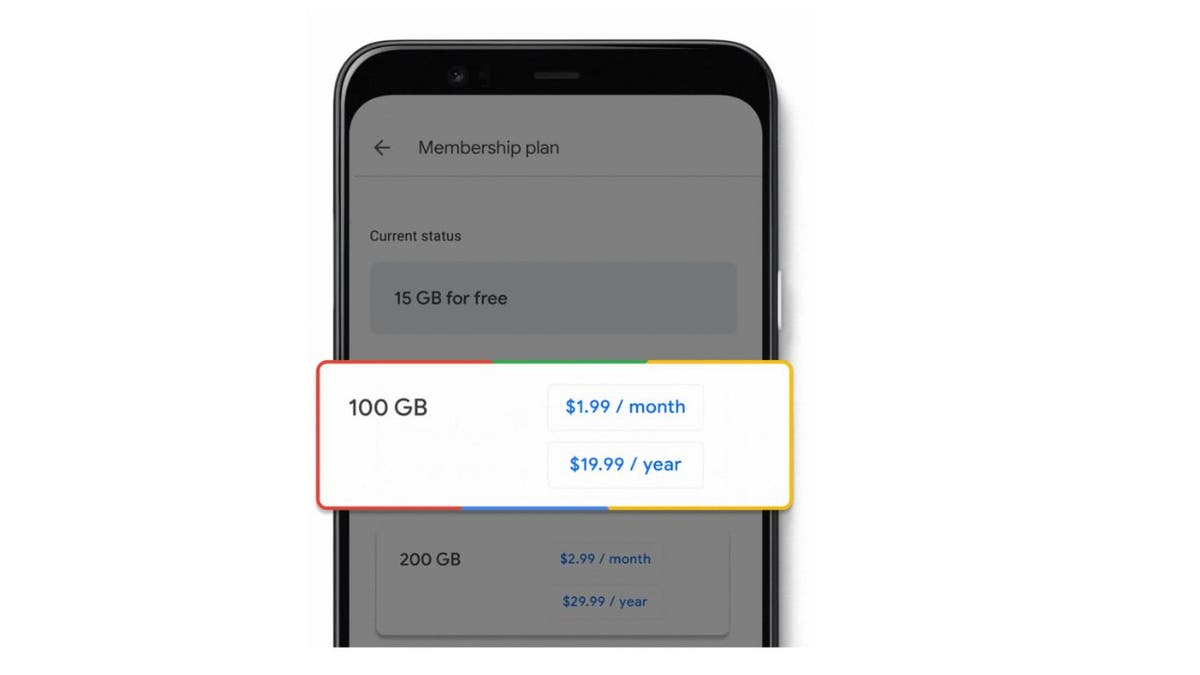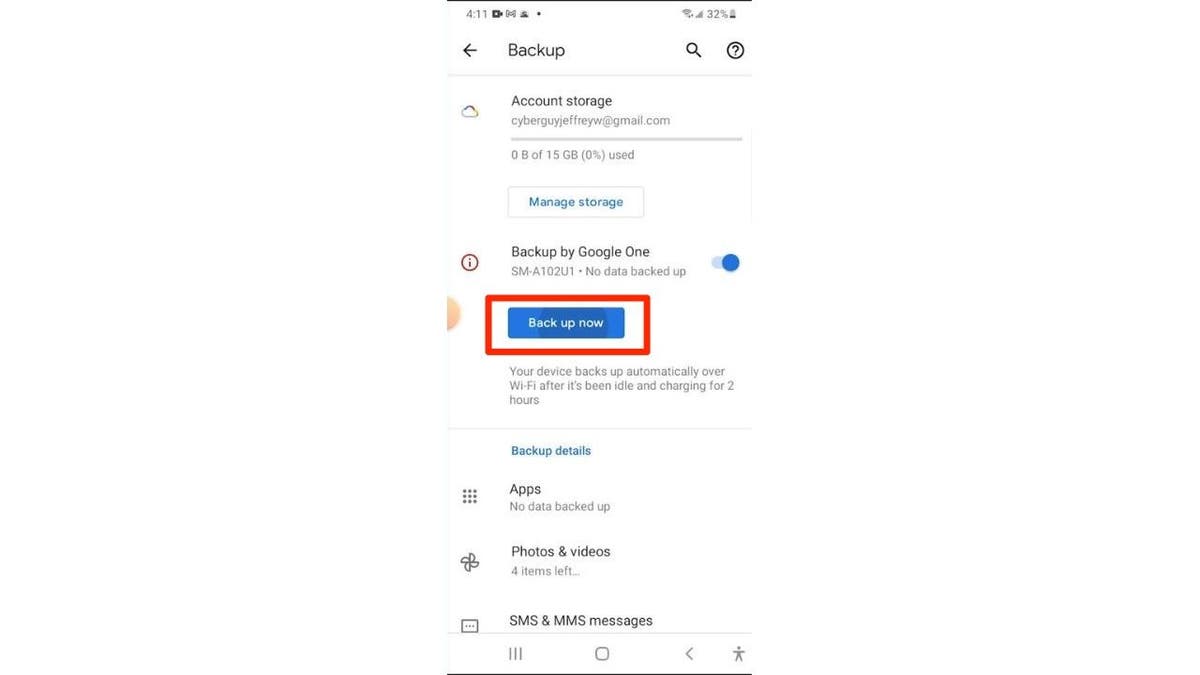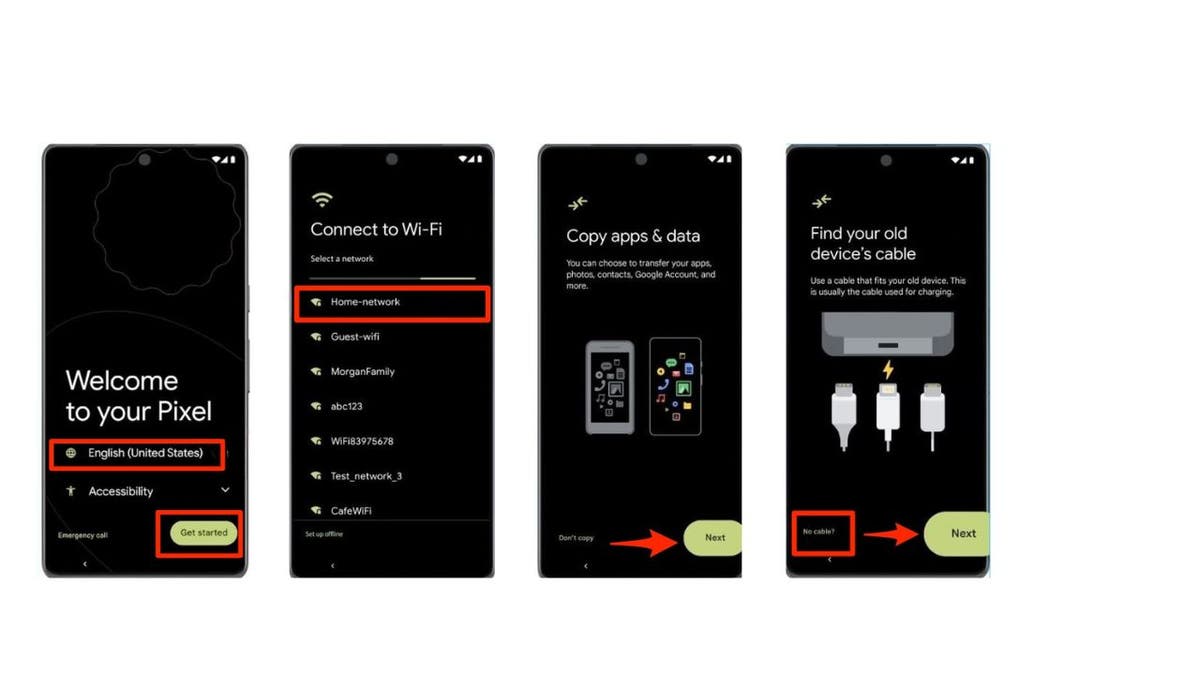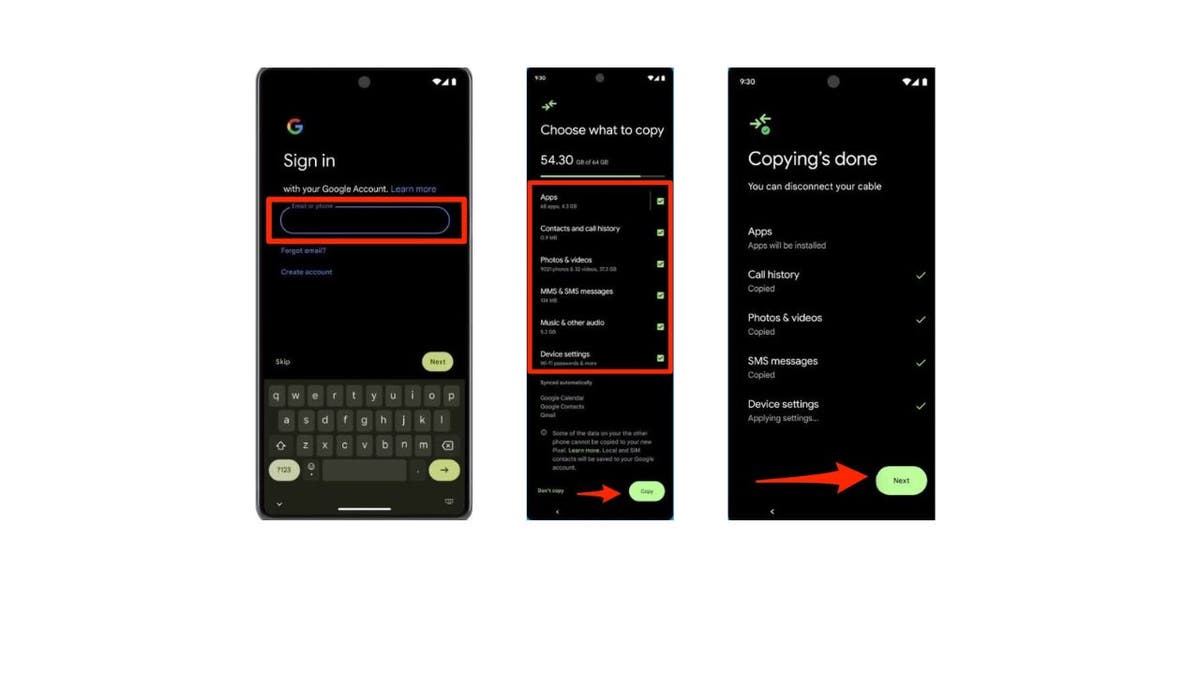In some states, the line between housing and health care is becoming increasingly blurred.
The Medicaid program is intended to offer government assistance with medical expenses for those with low incomes. Yet in at least 20 states, some of those funds are being allocated to social services — including housing support for the homeless.
While some tout the move as a means of alleviating the health conditions that can arise from poor living conditions, others say the funding will not solve the underlying problems.
DEMENTIA’S STAGGERING FINANCIAL COST IS REVEALED IN NEW REPORT: IT’S ‘BANKRUPTING FAMILIES’
The federal government oversees the Medicaid program, yet each state can set its own benefits and eligibility requirements.
“States have broad flexibility in their Medicaid programs to create a program that is unique,” said Dr. Marc Samuels, founder and CEO of ADVI Health, a health care and life sciences advisory and consulting services firm headquartered in Washington, D.C.
In some states, Medicaid funds are being directed toward housing support for the homeless. (iStock)
“In general, states look to aid in housing on a temporary basis in an effort to focus on social determinants of health/population-based issues around serious mental illness or substance abuse disorders, and those with disabilities or receiving long-term care, high-risk pregnancy, or with a history of chronic homelessness,” he told Fox News Digital.
Which states offer Medicaid-funded housing?
At least 20 states today cover housing support services under their Medicaid program, according to the National Academy of State Health Policy (NASHP).
“There are five states — Arizona, California, New York, Oregon and Washington — that have received the approval from the federal government to cover short-term housing assistance through their Medicaid program using a specific type of waiver from the federal government (section 1115 demonstration waiver),” NASHP said in a statement provided to Fox News Digital.
“States have broad flexibility in their Medicaid programs to create a program that is unique.”
States can also offer this type of coverage through a program called Money Follows the Person.
This program “facilitates rebalancing states’ long-term care services and supports from institutional to community-based care,” the agency said.
A homeless woman begs for money along a city sidewalk. Her sign reads, “Homeless & Hungry – Please help. Thank you.” (Getty Images)
California has unveiled the most ambitious plan so far for state-funded housing support.
In 2022, Gov. Gavin Newsom announced a $12 billion, five-year plan to revamp its Medicaid program — called Medi-Cal — to include a range of social services outside the scope of medical care.
Those non-traditional services, officially called “in lieu of services,” include housing deposits, moving costs and rent, according to the state’s Health and Human Services Agency website.
California’s non-traditional medical services are officially called “in lieu of services.”
Nearly all the state’s public and private managed care health insurers participating in Medi-Cal will cover housing-related expenses.
In Sept. 2023, the Oregon Health Authority submitted a proposal for expanded Medicaid benefits that would include six months of rent assistance. If approved, the housing support would be available starting in Nov. 2024.
ARIZONA NONPROFIT PROVIDES SAFE PLACE AND SUPPORT FOR HOMELESS, PREGNANT MOMS: ‘OWE MY BLESSINGS TO THEM’
Arizona’s Medicaid program — the Arizona Health Care Cost Containment System (AHCCCS) — also offers funds for a “limited number of housing units” for members, according to the state’s health services website.
Non-traditional services — officially called “in lieu of services” in California — include housing deposits, moving costs and rent. (iStock)
Arkansas, Massachusetts, Hawaii, New Jersey and Washington are among the other states that have launched Medicaid initiatives targeting homelessness, according to the National Academy of State Health Policy (NASHP).
Last month, New York was approved for a Medicaid expansion that will include housing support — and additional states are expected to follow suit.
Link between housing and health
Proponents of this funding believe there is a direct connection between housing and health.
The Medicaid and CHIP Payment and Access Commission (MACPAC), a non-partisan federal agency that makes recommendations to Congress about Medicaid programs, stated in a 2018 brief that “poor housing conditions can worsen health outcomes related to infectious and chronic disease, injury and mental health, and may also affect childhood development through exposure to harmful toxins such as lead.”
The agency added that people experiencing homelessness or housing instability may struggle to get health care for routine visits as well as necessary medical treatments.
“Data suggest that among those who are chronically homeless, the provision of supportive housing … led to a decrease in emergency department use,” MACPAC wrote in the brief.
While some tout the move to use Medicaid funds for housing as a way to alleviate the health conditions that can arise from poor living conditions, others say the funding will not solve the underlying problems. (iStock)
Dr. Marc Siegel, clinical professor of medicine at NYU Langone Medical Center and a Fox News medical contributor, said he does not think that providing housing is the answer to homelessness.
“It is a huge money drain on the state and it doesn’t solve the underlying problems of chronic mental health issues, excess drug use and the spread of infectious disease — not to mention the unemployment that drives all of it,” he told Fox News Digital.
VETERAN HOMELESSNESS SEES LARGEST SPIKE IN 12 YEARS, VA REPORTS: ‘WE HAVE FAILED,’ LAMENTS ARMY VET
Siegel pointed out that housing in California is not currently affordable — an issue that affects everyone, not just the homeless.
“Using Medicaid to finance housing for the homeless bypasses the blue-collar workers who can’t really afford housing either,” he said.
The doctor does believe that shelter is a health issue, however.
“The vast majority of health variations are driven by factors completely unrelated to health care.”
“Without shelter, you are prone to many more medical issues, including dehydration, exposure to the elements, contagious diseases, malnutrition, drug use and the impact of mental illness,” he said.
“I like the New York City shelter system, which has worked well over the last three decades,” Siegel added. “It is starting to struggle now because of the influx of migrants with nowhere to go — which also represents part of the public health crisis.”
“Using Medicaid to finance housing for the homeless bypasses the blue-collar workers who can’t really afford housing either,” said Dr. Marc Siegel. (iStock)
Other doctors, however, said they are supportive of Medicaid funding going to housing costs.
“Many people think of health care as what happens in a doctor’s office, hospital or pharmacy — but what I can do for my patients as a doctor can quickly be undone if they don’t have food to eat or a roof over their heads,” said Colin Banas, M.D., chief medical officer for DrFirst, a health care technology company in Maryland.
“It’s refreshing to see that states such as California, Arizona, Oregon and Arkansas are allocating Medicaid funding in innovative and practical ways, especially as people experiencing homelessness are nearly twice as likely to have diabetes or experience heart attacks, according to the CDC,” he told Fox News Digital.
HOME HOSPITAL CARE BRINGS ‘PHENOMENAL’ BENEFITS TO PATIENTS AND PROVIDERS, STUDY FINDS
Rather than using “scarce resources” for housing instead of traditional health care, Banas said he believes that an “additive approach” is ideal.
“Programs addressing homelessness should help us learn where interventions can have the greatest impact,” he said.
Homeless people stand with their belongings in front of an outpatient mental health clinic in Los Angeles, California, on Dec. 6, 2022. (FREDERIC J. BROWN/AFP via Getty Images)
Scott Shipman, M.D., executive director of the Institute for Population Health at Creighton University in Omaha, Nebraska, said the association of secure housing with better health is “widely understood.”
In an email to Fox News Digital, Shipman referred to Medicaid-funded housing as “a means of achieving better, and more stable, health while curtailing a vicious, often multigenerational cycle of costly recurring physical and mental health services that are exacerbated by prolonged housing insecurity.”
CLICK HERE TO SIGN UP FOR OUR HEALTH NEWSLETTER
When state governments pursue housing coverage through Medicaid waivers, they get a match of federal funding, Shipman noted.
“These programs do not shift funding away from medical services in favor of housing, but rather attract additional resources to meet housing needs, typically for those whose health is most directly at risk due to inadequate housing,” he said.
Shipman called for investments in addressing community-level social needs rather than simply pouring more money into “shiny new medical care technology,” which he said will lead to “overspending and disappointing results.”
“It doesn’t solve the underlying problems of chronic mental health issues, excess drug use and the spread of infectious disease.”
“The vast majority of health variations are driven by factors completely unrelated to health care,” he added.
CLICK HERE TO GET THE FOX NEWS APP
To qualify for housing assistance, people must meet certain needs-based health criteria, including serious mental illness, disability, pregnancy or homelessness, according to NASHP.
Fox News Digital reached out to the Centers for Medicare & Medicaid Services as well as several state health agencies for additional comment.
For more Health articles, visit www.foxnews.com/health.
Melissa Rudy is health editor and a member of the lifestyle team at Fox News Digital. Story tips can be sent to melissa.rudy@fox.com.




























